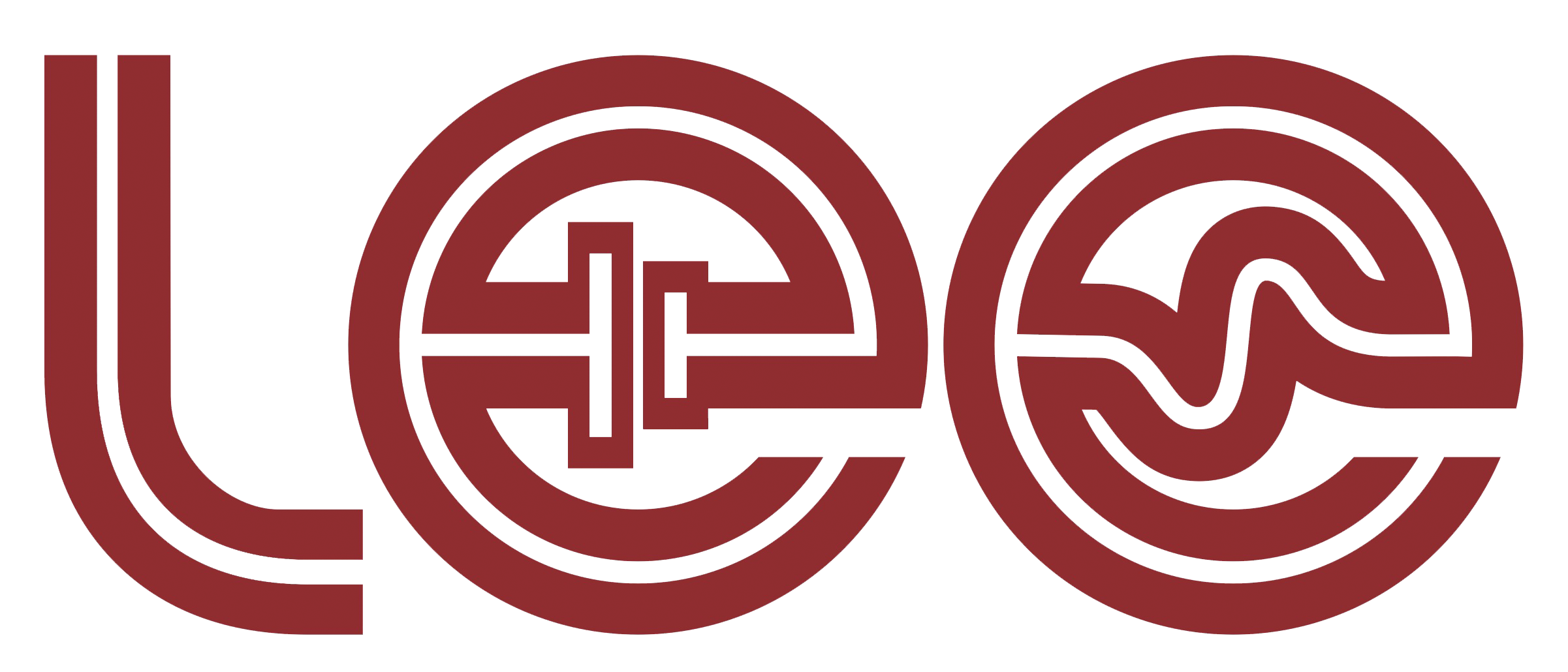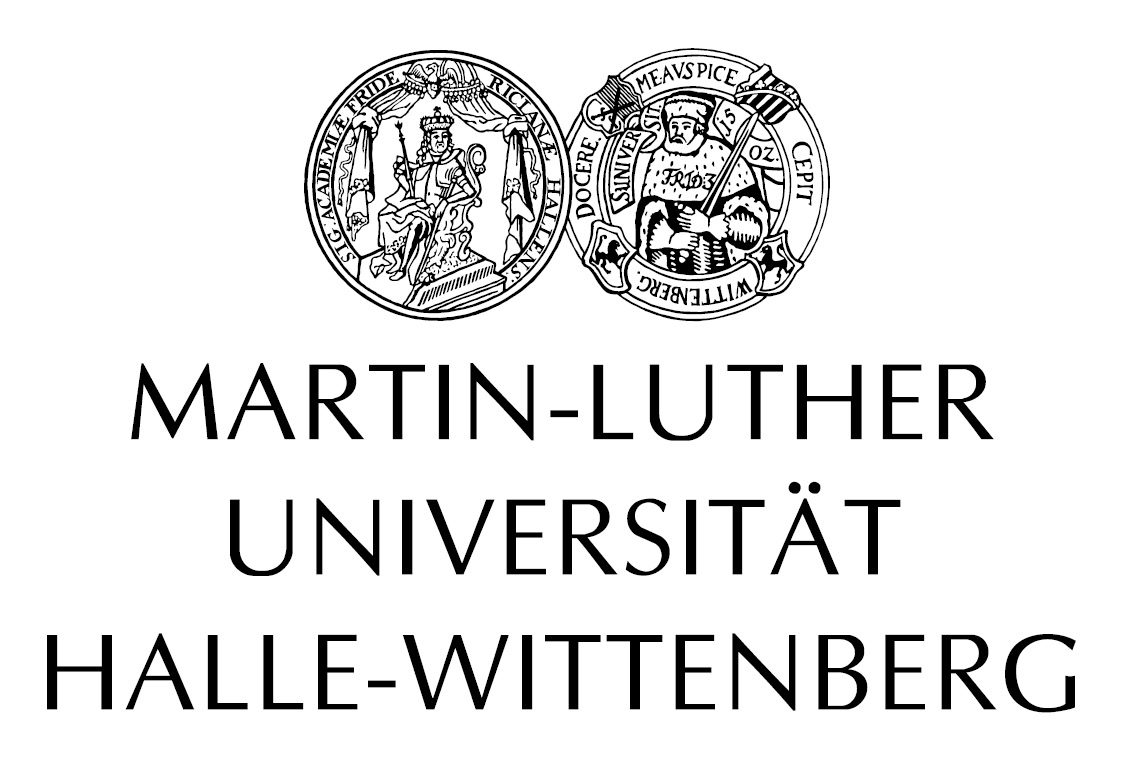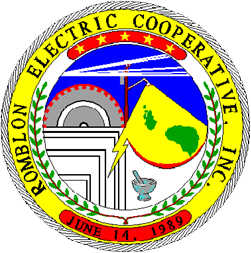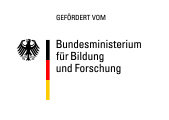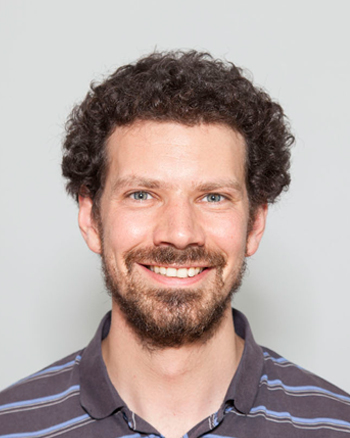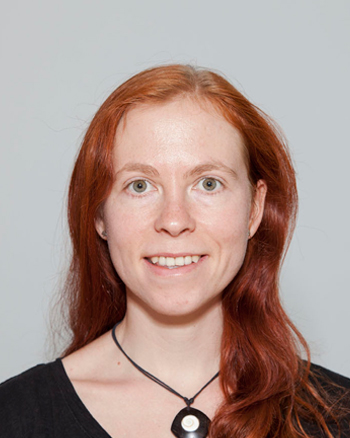
HYPOS-Forum
2. November 2017Stakeholder empowerment in participatory processes of the energy transition – an evaluation of impacts of simulation tools (Fiukowski et al. 2017)
3. November 2017EnerPHIL

EnerPHIL was a joint research project for the development of a research network on renewable energy between Germany and the Philippines.
The Philippines are in the process of transforming from a developing country into an emerging economy, though there remain challenges, especially in the area of renewable energy. These challenges of the country include the sustainable supply of energy to smaller, more remote islands – the Philippines are composed of over 7,000 island of which nearly 900 are inhabited. More than 70 percent of the region that depend on the public energy supply company for small power utilities (NPC-SPUG) receive less than eight hours of electricity per day. The energy supply that is available usually depends upon environmentally harmful and costly diesel-driven generators.
Yet, the insularity of the country also provides ideal conditions for the use of renewable energy, as wind and sun are sufficiently available. In the past, measures for the use of renewable energy often failed as a result of inadequate planning, financing, maintenance, and uncertain ownership status. In addition, the field lacks a stable research network on the Philippines, which could investigate these inadequacies systematically. This was where the project EnerPHIL set in. A research collaboration on renewable energy between Germany and the Philippines was to be developed. Together, the project partners investigated the obstacles that impede the development of sustainable island energy systems, and developed solutions to suit the local conditions. The overall goal was to increase the electrification rates as a contribution to the Sustainable Development Goal number 7 of the United Nations (SDG 7) to ensure universal access to affordable, reliable and modern energy services.
Project duration 01.08.2017 – 31.10.2018
The Philippines are in the process of transforming from a developing country into an emerging economy, though there remain challenges, especially in the area of renewable energy. These challenges of the country include the sustainable supply of energy to smaller, more remote islands – the Philippines are composed of over 7,000 island of which nearly 900 are inhabited. More than 70 percent of the region that depend on the public energy supply company for small power utilities (NPC-SPUG) receive less than eight hours of electricity per day. The energy supply that is available usually depends upon environmentally harmful and costly diesel-driven generators.
Yet, the insularity of the country also provides ideal conditions for the use of renewable energy, as wind and sun are sufficiently available. In the past, measures for the use of renewable energy often failed as a result of inadequate planning, financing, maintenance, and uncertain ownership status. In addition, the field lacks a stable research network on the Philippines, which could investigate these inadequacies systematically. This was where the project EnerPHIL set in. A research collaboration on renewable energy between Germany and the Philippines was to be developed. Together, the project partners investigated the obstacles that impede the development of sustainable island energy systems, and developed solutions to suit the local conditions. The overall goal was to increase the electrification rates as a contribution to the Sustainable Development Goal number 7 of the United Nations (SDG 7) to ensure universal access to affordable, reliable and modern energy services.
Project duration 01.08.2017 – 31.10.2018
RLI assumes the following tasks in this project:
- Work package 1: Development of networks and improvement of research capacities
- Organization of workshops and qualification measures with Philippine energy researchers
- Development of a partner and knowledge platform for continuous international exchange
- Organization of collaboration and network meetings in order to connect all partners with each other and identify future cooperation potential
- Work package 2: Development of an interdisciplinary pilot project on the archipelagic province Romblon
- Development of an interdisciplinary junior research team that will be supported by experienced Philippine and German experts
- Investigation of obstacles that impede the implementation of renewable energy on the Philippines
- Preparation of a final report including recommendations for political action with a focus on knowledge gaps and research needs for the follow-up project in planning
- Research and assessment of the available public and private funding programs for follow-up projects
- Preparation and submission of joint research proposals
Paper: Resilient solar energy island supply to support SDG7 on the Philippines: Techno-economic optimized electrification strategy for small islands (Bertheau, Blechinger 2018)
Paper: Challenges for implementing renewable energy in a cooperative driven off grid system in the Philippines (Bertheau et al. 2019)
Paper: Challenges for implementing renewable energy in a cooperative driven off grid system in the Philippines (Bertheau et al. 2019)





